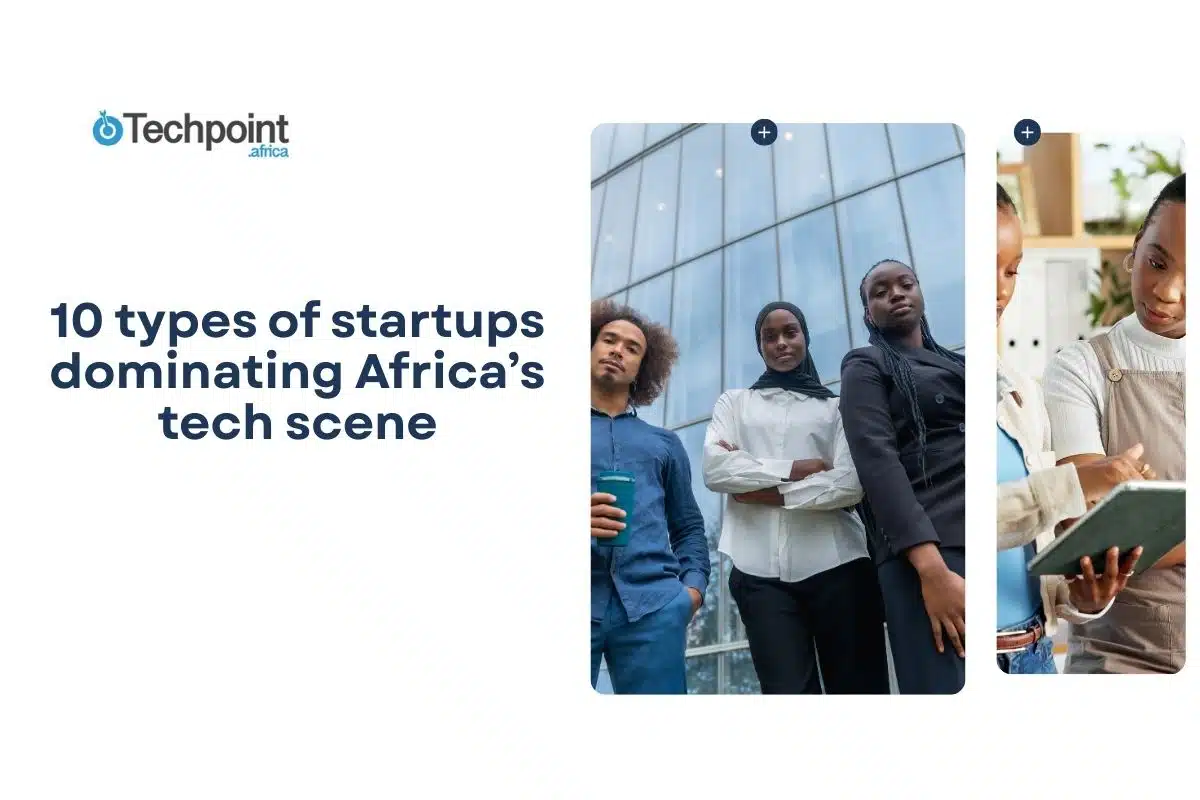When Gideon Adeyemi, Emmanuella Mejero, and Abolade Eniseyin launched Pennee in 2021, their goal was to change how credit is disbursed and perceived in Nigeria.
All three co-founders had experience working with small businesses and believed that they could do better with an injection of capital. Over the next two years, the startup disbursed over $2.6 million to more than 50,000 businesses. But success came with familiar problems, including loan repayments.
“Nigerians are very smart. No matter how many accounts you have, they move the money to other accounts. No matter how many times you try to charge, they time how they move their money,” Adeyemi said.
The second challenge was verification. Onboarding was slow and prone to drop-offs. With credit risk growing and customers churning, the team decided to build internal tools to tackle these problems.
What began as an internal collections tool and a stronger KYC/KYB process evolved into a full technology suite, and by 2024, Pennee had pivoted. Rather than being a lender, it became an enabler of lending.
The company now offers origination, verification, and AI-powered collection tools to financial institutions, while also providing borrowers with tools to monitor and improve their credit health.
From lender to infrastructure provider

Nigeria’s small businesses, like those across Africa, face a staggering financing gap. The International Finance Corporation (IFC) estimates that sub-Saharan Africa’s MSMEs face a $330 billion shortfall in available credit.
Yet even when loans are issued, repayment challenges abound. In Nigeria, this has discouraged commercial banks from lending to many businesses and forced many digital lenders to lend at high interest rates.
For the Pennee team, the breakthrough came from technology built in-house. An AI-powered collections system mapped all the bank accounts linked to a borrower’s Bank Verification Number (BVN).

Victoria Fakiya – Senior Writer
Techpoint Digest
Make your startup impossible to overlook
Discover the proven system to pitch your startup to the media, and finally get noticed.
“The first thing is when a user onboards with us, we are able to connect and fetch all the accounts attached to their BVN. Even if you create a new account, we can automatically refresh to get the new accounts that you’ve created.”
Additionally, borrowers had to authorise direct debits across all accounts before they could access credit. Repayments could then be staggered, with partial debits spread across accounts based on available balances. This ensured it could recover funds automatically without needing to chase borrowers.
Having tested these solutions internally for over a year, the founders realised they had built something bigger than a lending company.
In 2024, Pennee pivoted. The startup would no longer lend directly. Instead, it would sell its infrastructure to lenders while empowering borrowers with tools to track credit health, credit history, and scores.
What Pennee offers

Today, Pennee serves both sides of the credit divide. For lenders, it provides origination, verification, and collection tools. These tools enable banks, microfinance institutions, and digital lenders to onboard customers faster, underwrite with greater accuracy, and collect repayments with minimal friction.
On the other hand, it provides borrowers with an interface to monitor credit health. Borrowers can see their credit histories, understand what behaviours improve or damage scores, and get guidance on building eligibility.
Its collections tool doesn’t simply attempt full debits; it reads user behaviour, predicts transaction patterns, and executes staggered repayments across accounts. Meanwhile, its underwriting model analyses data such as transaction volume to spot fraud or validate eligibility.
Pennee’s pivot was grounded in data gathered over a year of using its tools. Collections improved significantly, such that non-performing loans fell from 2.66% to 1.23%. Meanwhile, partnerships with verification companies like Dojah to automate verification checks helped to cut the average time from loan application to eligibility discovery from 48 hours to just seven.
Competitive advantage
Lending infrastructure is still nascent in Africa. Most digital lenders either build internal tools or depend on several third-party products to power their operations. Additionally, most startups building infrastructure specialise narrowly by providing collections services, KYC or credit scoring. Pennee aims to cover the full stack, giving lenders one flexible system that can adapt to their unique workflows.
While services like this exist in more developed markets, Africa is still at the beginning of that journey. For Pennee, which now competes with startups like Lendsqr, differentiation comes not just from breadth but from education. Borrowers are taught how to use credit responsibly and how to remain attractive to lenders, a crucial education in a culture where debt is often viewed negatively.
The startup’s business model reflects this dual approach. Lenders pay origination fees when borrowers are matched, plus subscription fees for services like collections and verification. Borrowers, meanwhile, can access premium credit insights on a paid basis.
Challenges and lessons learned
Like any digital lender in Nigeria, the startup has faced its fair share of challenges, but Adeyemi notes that those challenges have been turned into opportunities via the pivot.
Building infrastructure was initially a response to internal challenges, but it has now evolved into a revenue generator. The startup says it has gotten seven lenders to join its beta testing and is now opening the service up for more startups.
Despite being early in their journey as infrastructure providers, Adeyemi is confident in the team’s ability to compete favourably while delivering on its promises.
“We are doing this from experience, not just research; we have on-the-field experience of how credit actually works and [the] problems that every lending company faces.”
Still, Pennee’s success will not be without obstacles. Competition in Nigeria’s digital lending space is intensifying, and regulations are becoming tighter. Startups like Lendsqr already provide infrastructure to dozens of lenders, while larger financial institutions often prefer to build their own systems.
Pennee’s decision to offer a full-stack service could be a differentiator, but it also poses a risk, as it may stretch itself too thin without excelling at any one solution.
The company’s reliance on integrations and external data sources also creates vulnerability. Much of the strength of its collections system, for instance, depends on pulling in BVN-linked accounts and working with verification providers like Dojah, and it must ensure constant reliability.
Even where data is available, it is rarely free. Lenders already complain about paying credit bureaus each time they want to access borrower data, and layering new infrastructure costs on top could create pushback from an industry already running on thin margins. Pennee’s origination and subscription fees will need to prove that they save lenders more in reduced defaults and faster onboarding than they cost in new overhead.
Finally, there are broader debates about the role of artificial intelligence in lending. While Pennee’s AI-powered collections and underwriting tools promise efficiency, critics worry that algorithms may inadvertently restrict access for certain groups, such as small businesses without digital footprints, women-owned enterprises, or borrowers in rural areas whose data is limited.
For a startup positioning itself as a bridge between lenders and borrowers, ensuring that its technology expands access rather than narrowing it will be crucial to its long-term credibility.
Looking ahead
Currently, Pennee operates exclusively in Nigeria and has secured over $450,000 in funding from investors. The founders envision expanding to other African markets, embedding AI and machine learning deeper into every aspect of their service. The more users the system serves, the better its predictive models become, creating a flywheel effect of accuracy and trust.











